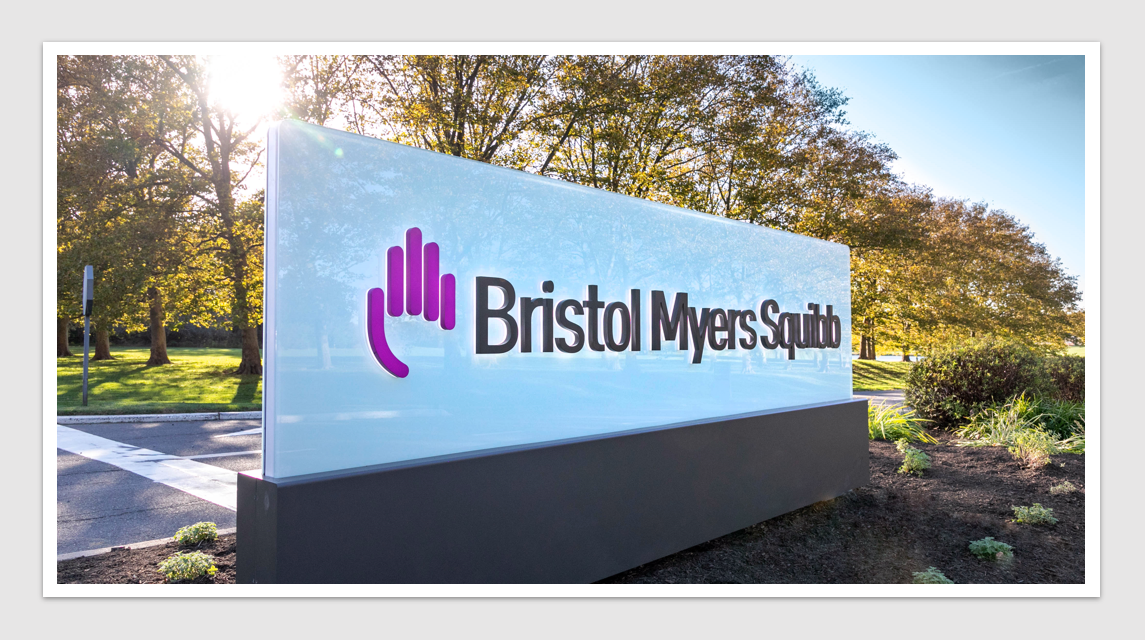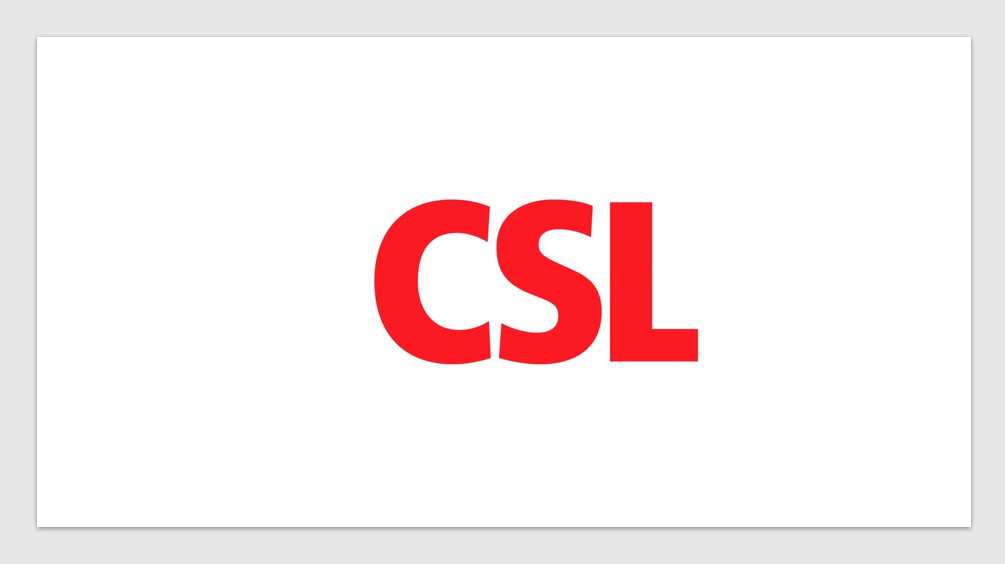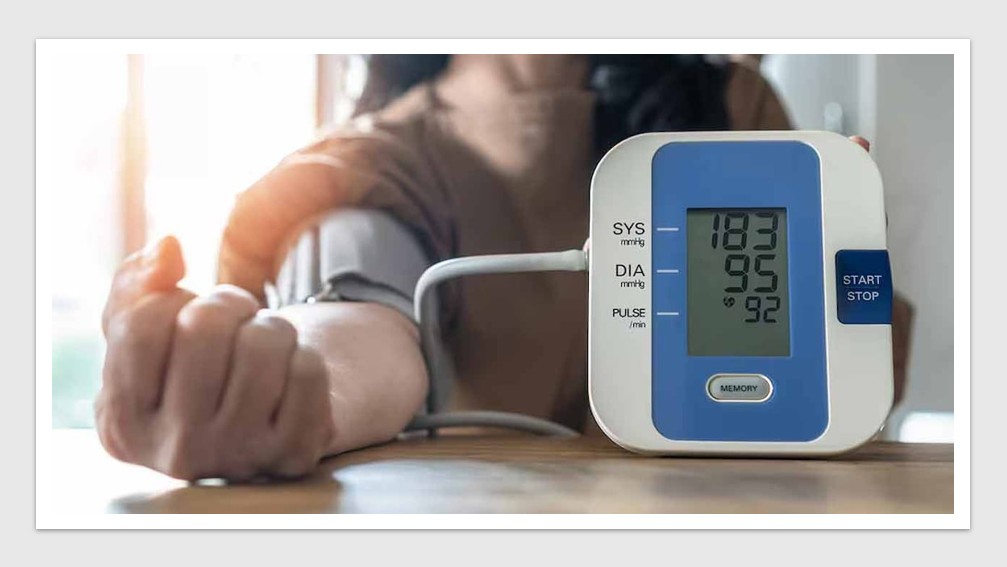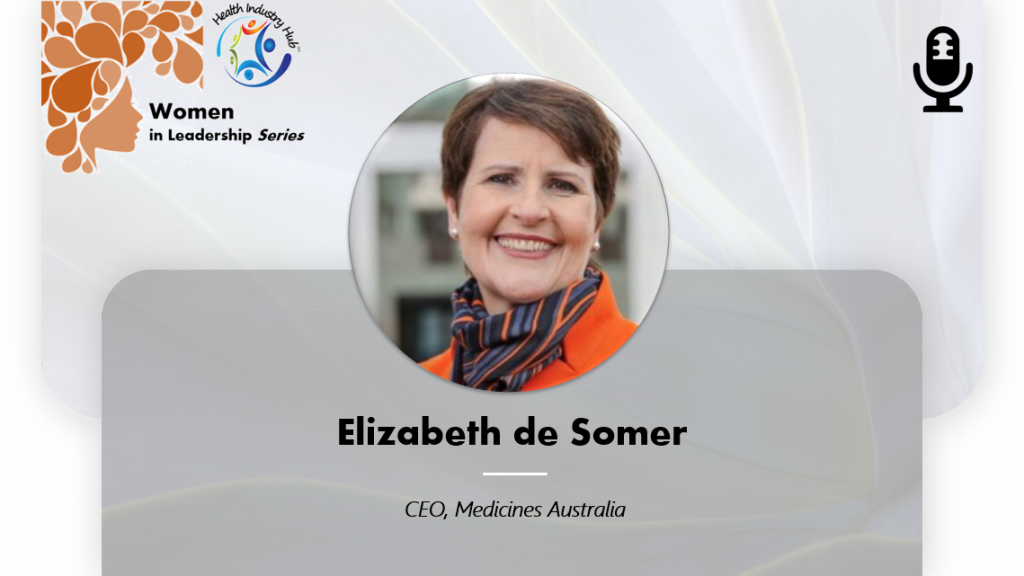News & Trends - Pharmaceuticals
BMS Australia secures 8th myeloma PBS listing with triplet combination therapy

Pharma News: Bristol-Myers Squibb Australia (BMS) welcomes the October 1 Pharmaceuticals Benefits Scheme (PBS) listing of a triplet combination therapy for patients with myeloma.
Oral Pomalyst (pomalidomide), in combination with Janssen-Cilag’s Velcade (bortezomib) and dexamethasone – PVd – is indicated for patients with relapsed or refractory multiple myeloma who have received at least one prior treatment regimen including Revlimid (lenalidomide).
Multiple myeloma drugs Revlimid and Pomalyst were added to BMS’ portfolio from the company’s $74 billion acquisition of Celgene in 2019.
According to Dr Melinda Munns, BMS Country Medical Director, Australia and New Zealand, the reimbursement of PVd represents the company’s longstanding heritage in haematology.
“The PVd reimbursement underpins BMS’ longstanding commitment to the Australian myeloma community, representing our eighth reimbursement for multiple myeloma.”
“The listing is fundamental in ensuring additional evidence-based therapies are widely available to the Austalian clinical community and their patients,” said Dr Munns.
The approval of the Pomalyst triplet (PVd) was supported by data from OPTIMISMM, the first prospective phase 3 trial to evaluate a Pomalyst-based triplet regimen in patients who were all previously treated with Revlimid, and the majority (70%) of patients were Revlimid refractory. This patient population represents a growing unmet medical need for which new treatment options are necessary.
Professor Andrew Spencer, Head of the Malignant Haematology and Stem Cell Transplantation Service at The Alfred Hospital and Professor of Haematology at Monash University, believes providing PVd to patients with relapsed myeloma represents one of the most significant advances for the Australian myeloma community over the past decade.
“Pomalyst-based regimens are often used as a standard of care in newly diagnosed multiple myeloma patients, and there is a growing patient population who require proven treatment options in the relapsed setting.”
“The reimbursement of PVd triplet therapy for use in patients as early as first relapse underscores the potential clinical benefit the regimen can provide this patient population,” said Prof Spencer.
Results from OPTIMISMM were published in The Lancet Oncology in 2019. Patients receiving PVd achieved progression free survival (PFS) of 11.2 months, while patients receiving bortezomib and dexamethasone (Vd) achieved PFS of 7.1 months, with the most impressive results occurring in patients who had received one prior line of therapy showing 20.73 months PFS for PVd vs 11.63 months for Vd.
News & Trends - Biotechnology

CSL reshapes R&D while bracing for U.S. tariffs
Australia’s largest biotech company CSL is streamlining its R&D operations to enhance efficiency amidst a rapidly evolving global landscape. The […]
MoreNews & Trends - MedTech & Diagnostics

Australia joins Medtronic trial in fight against resistant hypertension
Medtronic has launched an international clinical trial across Australia, the United States, and Europe to evaluate the feasibility of multi-organ […]
MoreNews & Trends - MedTech & Diagnostics

Medibank launches pharmacogenetic testing while government stalls on insurance discrimination ban
Medibank has become the first Australian health insurer to pay towards pharmacogenetic testing (PGx) for eligible customers on Extras cover. […]
MoreNews & Trends - Pharmaceuticals

Global pledge shifts visibility and action for patients with advanced breast cancer
Three breast cancer organisations have united internationally to demand that people living with metastatic breast cancer (MBC) are no longer […]
More